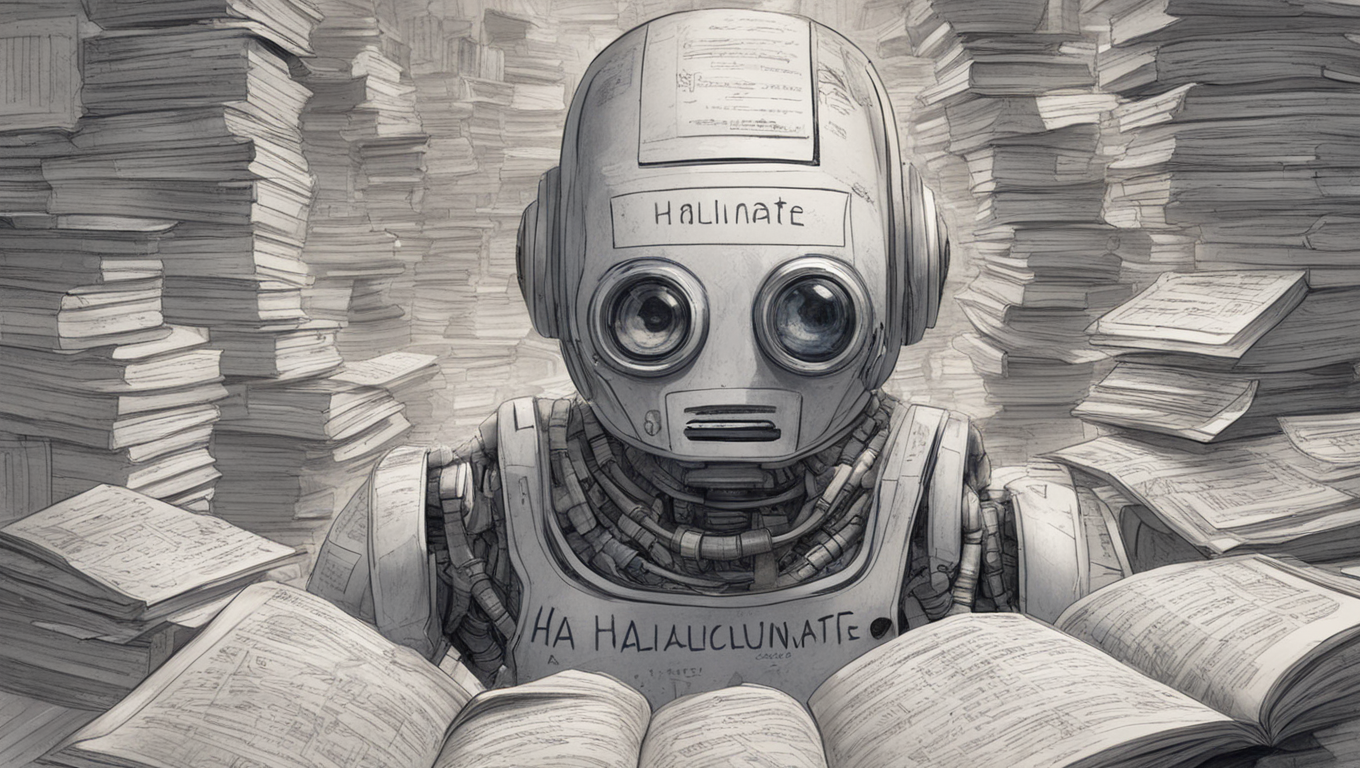The Cambridge Dictionary has chosen its word of the year for 2023, and it’s a term inspired by the world of artificial intelligence (AI). This year’s chosen word is “hallucinate,” with a specific definition related to the use of AI.
According to the Cambridge Dictionary, when AI “hallucinates,” it produces false or fabricated information. This often happens with large language models (LLMs) like ChatGPT, which generate false answers supported by fictitious citations. The use of this term illuminates our tendency to humanize AI and attribute human-like qualities to these systems.
Dr. Henry Shelvin, an AI ethicist from the University of Cambridge, explains that the choice of the word “hallucinate” reflects a shift in perception. It implies that the AI, not the user, is the one experiencing a disconnect from reality. While this doesn’t mean we believe in AI sentience, it highlights our readiness to ascribe human-like attributes to these systems.
The danger lies in our tendency to humanize AI and assume that the results it produces are factual. The current generative LLM forms of AI, like chatbots, are what most people think of when AI is mentioned. These systems can answer questions and engage in conversations, mimicking human responses to a certain extent. However, it’s crucial to remember that they are not infallible and can produce false information.
The widespread use of the term “hallucinate” to describe AI mistakes exposes how we think about and anthropomorphize AI. It represents a subtle yet significant shift in our perception of these systems. We must be cautious not to overestimate their capabilities and take their responses as unquestionable truths.
While the Cambridge Dictionary has revealed its word of the year, the Oxford University Press is yet to announce its own choice. Last year, the Oxford University Press selected “goblin mode” as its word of the year, whereas the Cambridge Dictionary chose “homer.” It’s important to note that the latter refers to the baseball term for a home run, not the iconic character from The Simpsons or the ancient Greek poet.
In conclusion, the selection of “hallucinate” as the Cambridge Dictionary’s word of the year reflects our tendency to humanize AI and the potential dangers of assuming that AI-generated results are factual. As we continue to explore the capabilities of AI, it’s crucial to maintain a critical perspective and not to assign human-like attributes to these systems without considering their limitations.





Use the share button below if you liked it.